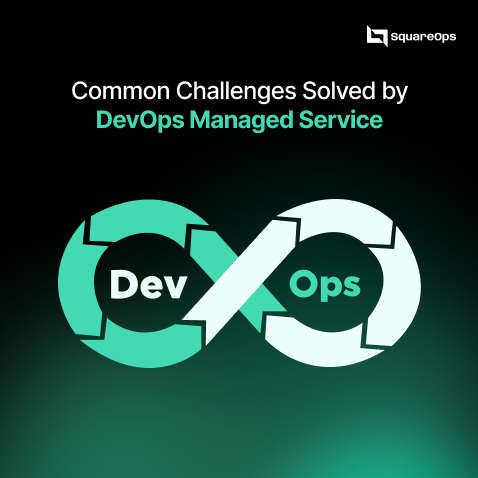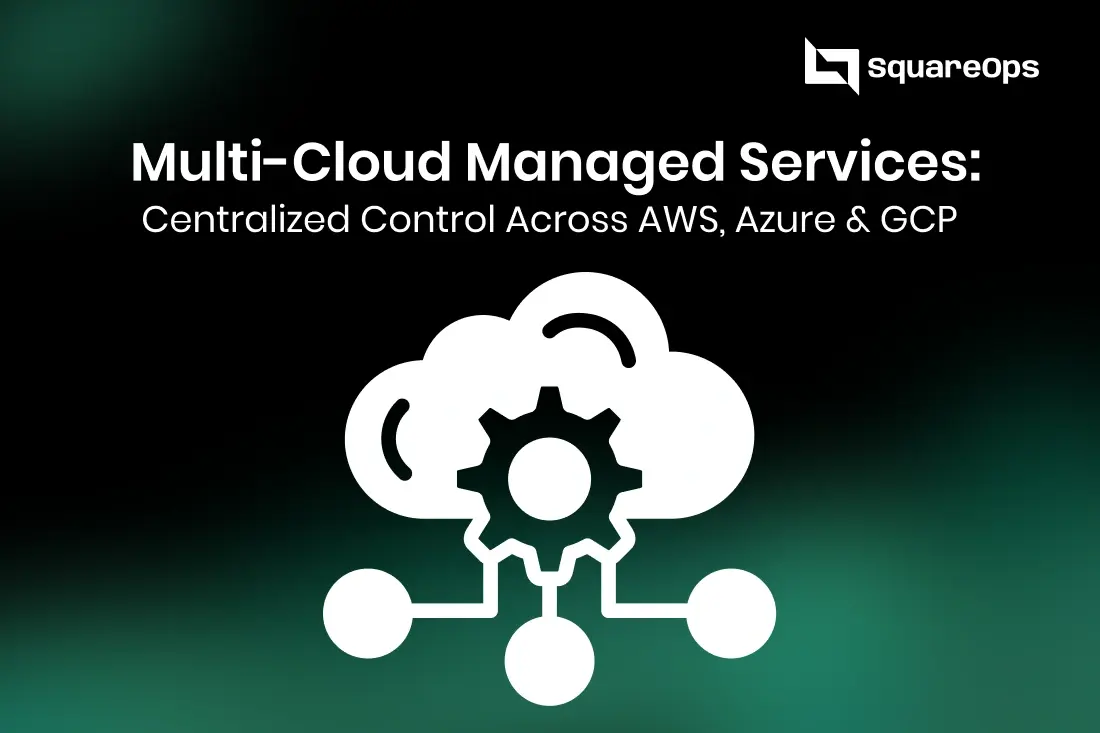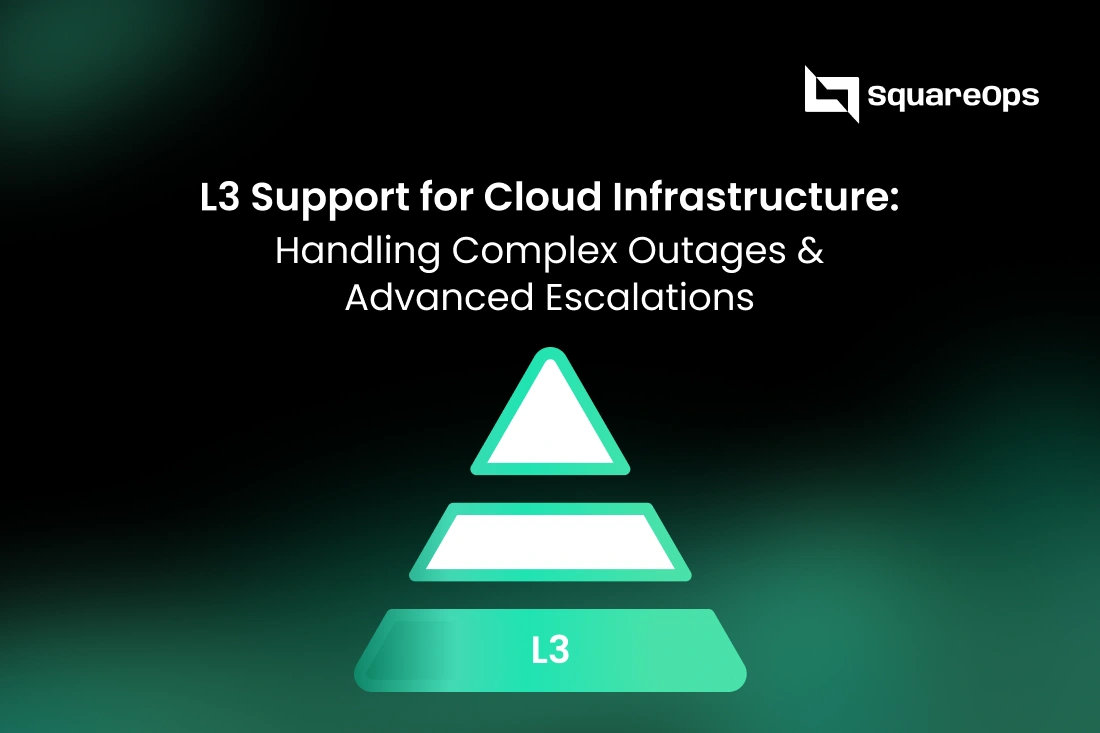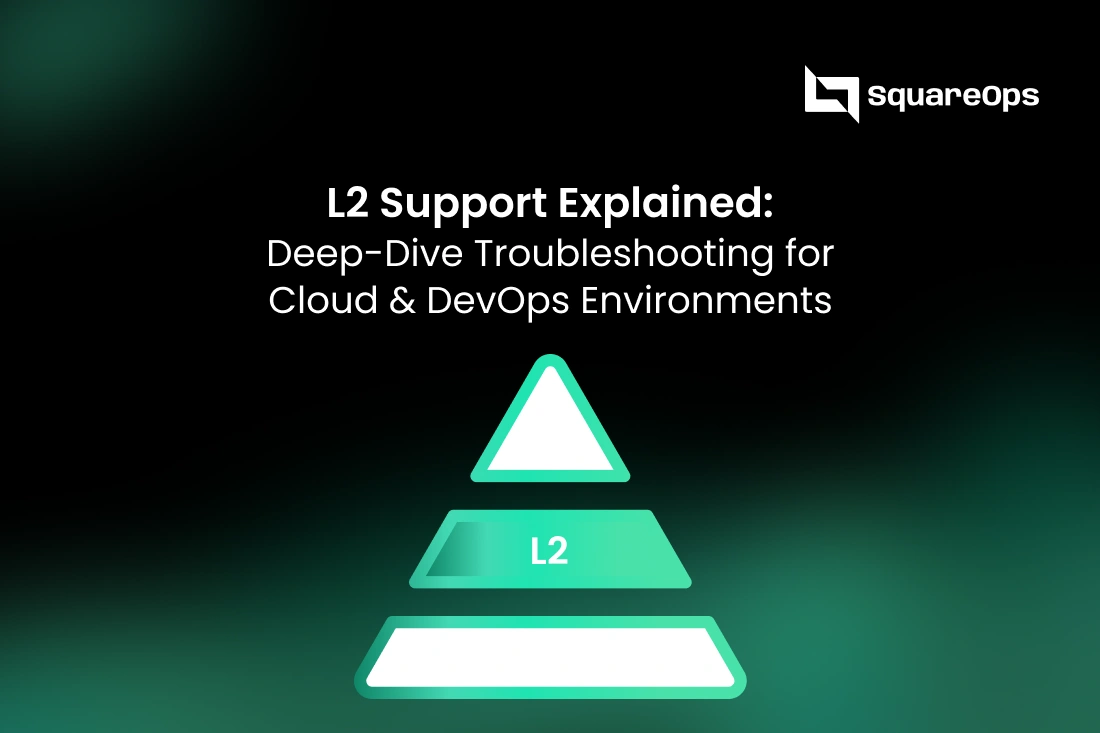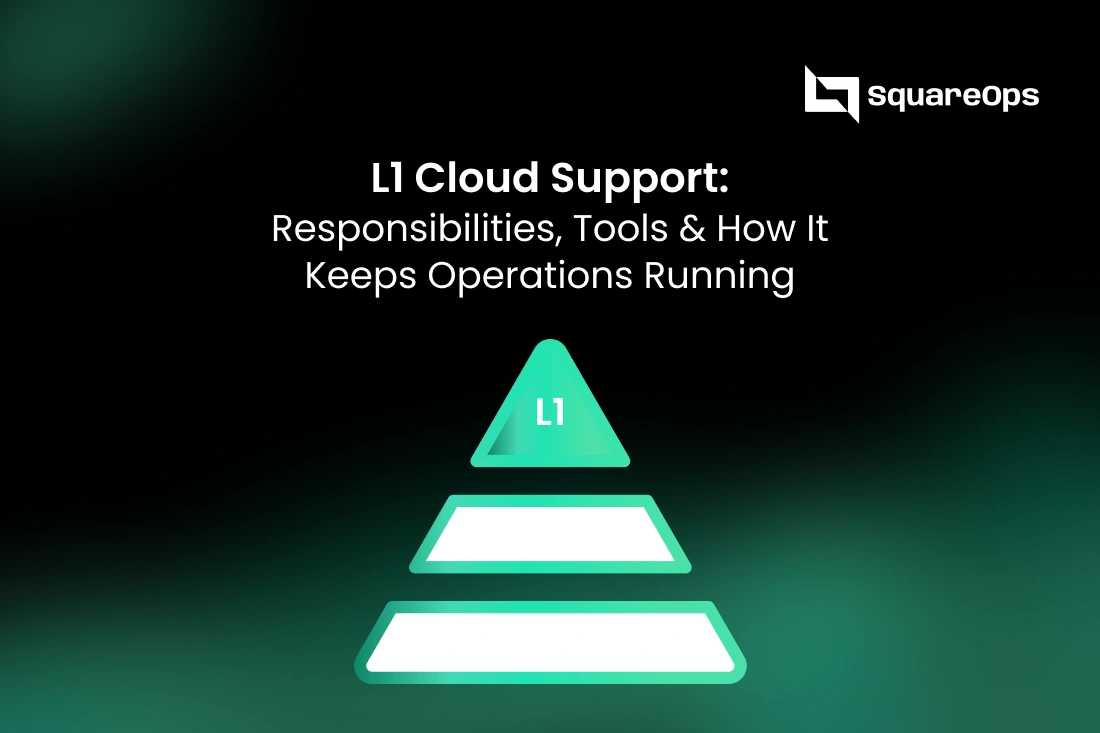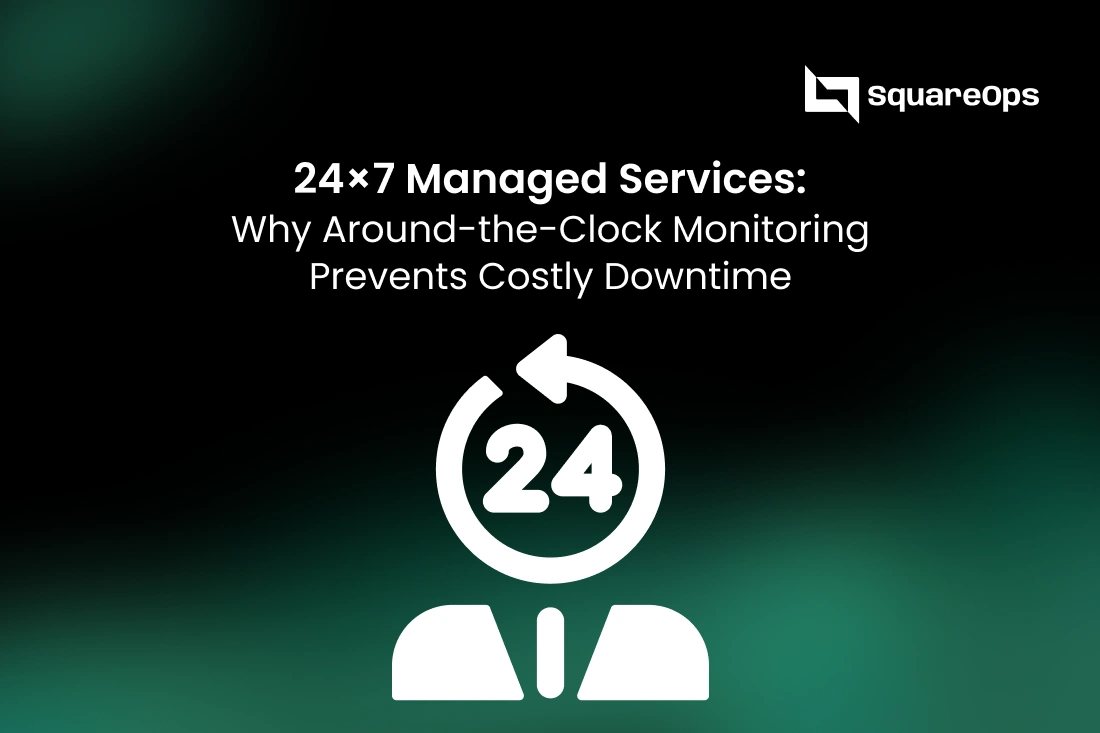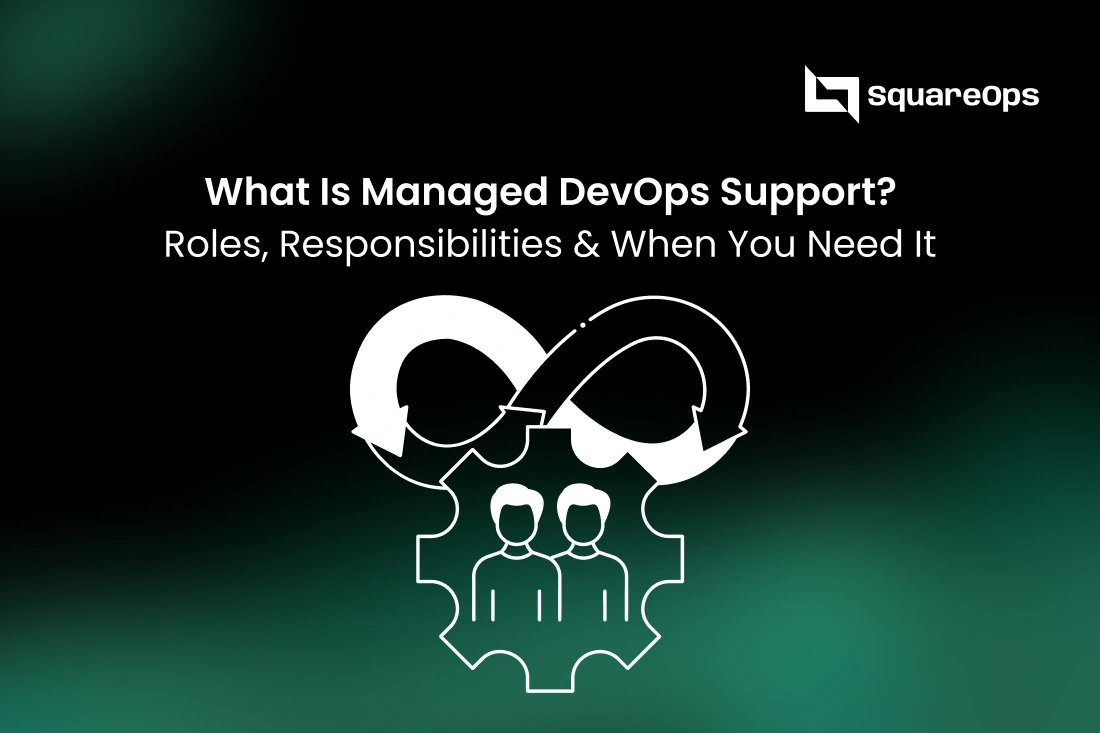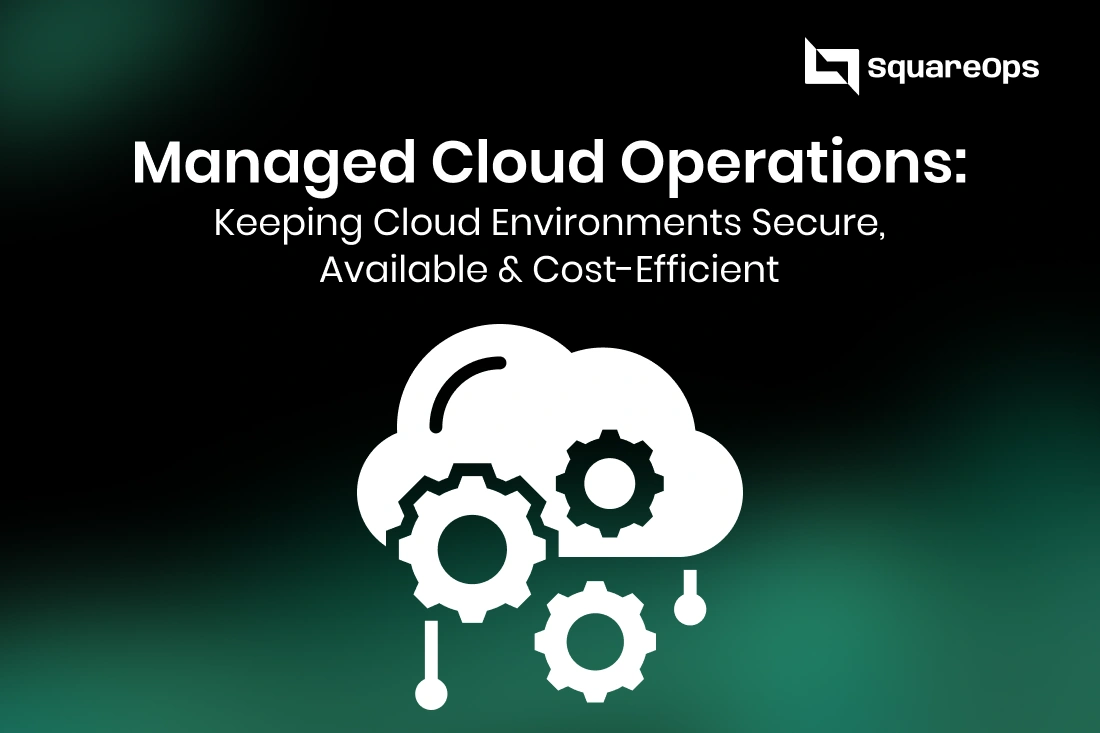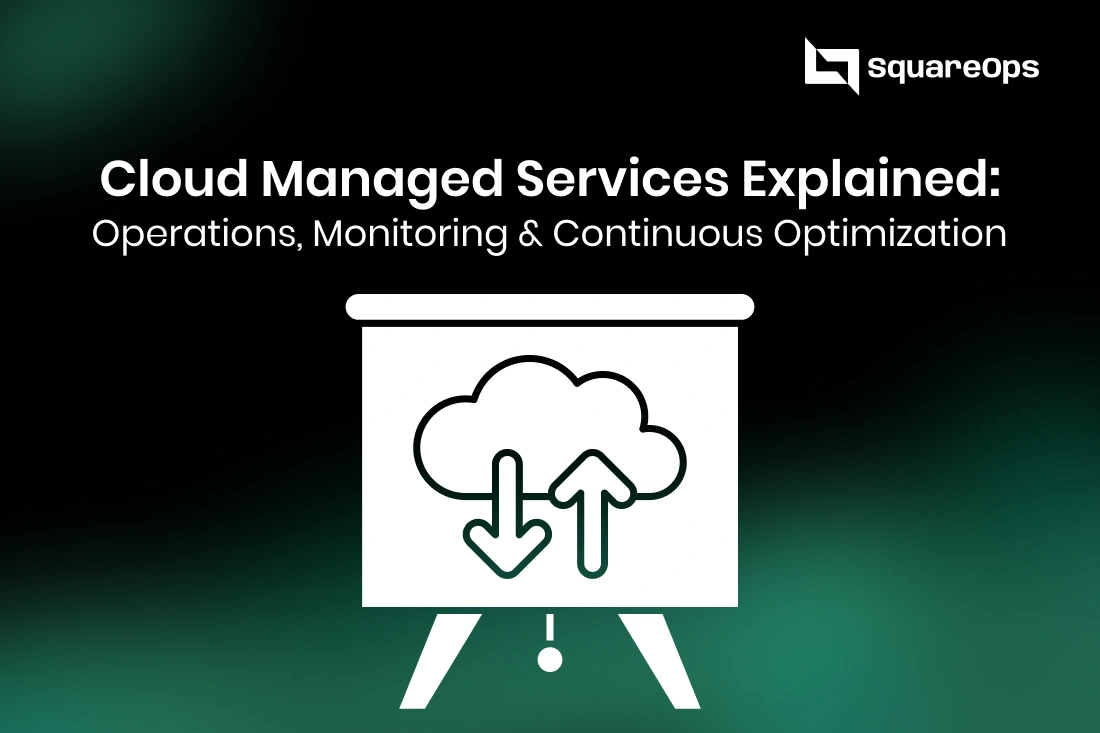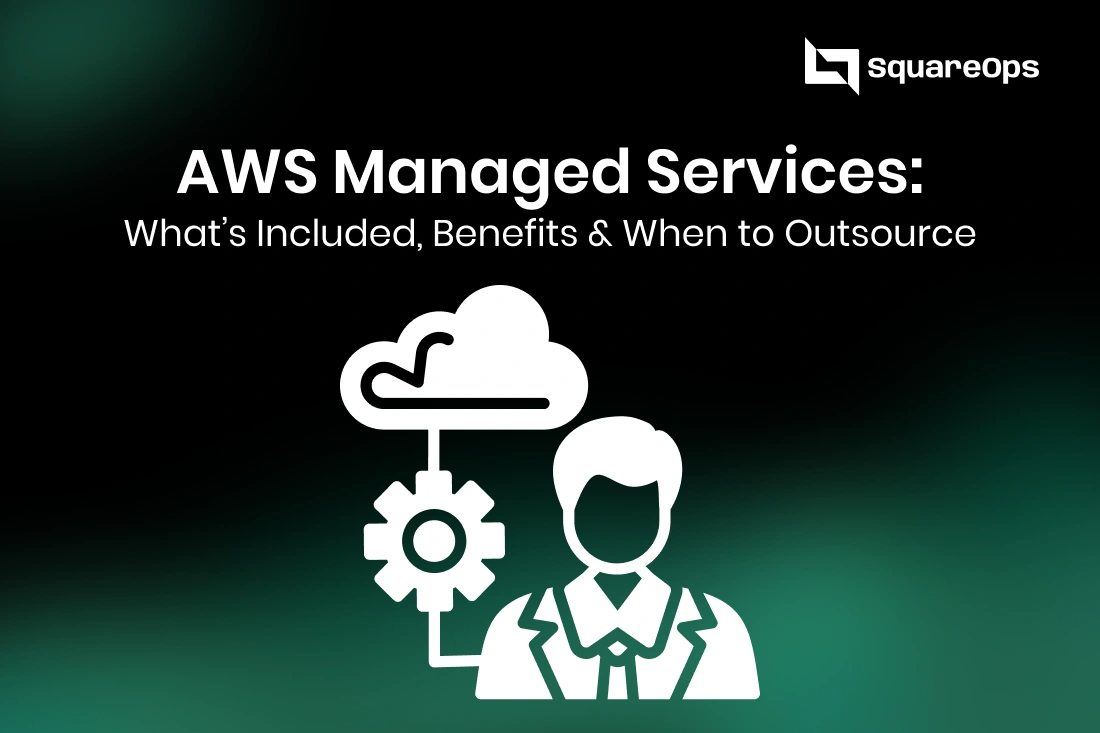Introduction
The need for greater speed and agility in software delivery, operational efficiency, and cloud security has made DevOps a necessary practice for organizations of all types. However, the execution and scale of DevOps internally can be a real headache. Managing DevOps is getting more complicated as enterprises find that they can’t live without multi-cloud, hybrid, microservices, and distributed architectures.
To meet these challenges, many businesses rely on a DevOps managed service provider. These partners are experts at managing the automation, operations and infrastructure of DevOps, and they work hard to keep that infrastructure secure and compliant—so that businesses can focus on innovating instead of operational headaches.
Over the course of this post, we’ll be diving into five of the most prevalent DevOps difficulties business struggle with and how using DevOps managed services is the most viable way to overcome these.
Challenge 1: How to Deal with Complex Cloud Infrastructures
Today’s tech stacks are not mono-cloud nor are they monolithic. Enterprises typically rely on all three — AWS, Azure and GCP — at once, and run applications across Kubernetes clusters, serverless functions, and traditional VMs.
Problem:
- Challenges in controlling multi-cloud and hybrid footprints
- No in-house skills in cloud-native services
- Higher potential for misconfigurations and security vulnerabilities
Solution with DevOps Managed Service:
Managed DevOps service providers come with deep domain knowledge in cloud architecture, provisioning and orchestration. They:
- Create multi-cloud and hybrid deployments that are both robust and scalable
- Automating infrastructure provisioning through IaC tools (Terraform, Pulumi)
- Apply best of breed security, logging, and governance best practices
Professional cloud management ensures that downtime is reduced, costs are squeezed, and performance is enhanced for business.
Challenge 2: Building and Scaling CI/CD Pipelines
Fast software releases need CI/CD, but creating reliable and secure pipelines is not easy!
Problem:
- Bad pipelining results in bottlenecks and deployment crashes
- The result is that secrets and configurations are mismanaged causing security vulnerabilities.
- Manual effort slows down the development cycle
DevOps Managed Service from itsolution24x7:
CI/CD pipelines using Jenkins, etc.) for the Target Status: Current target: the finger links Configuration management of [ Infra service (e.g., ArgoCD, Spinnaker) Provides members from several native environment provided by cloud vendor. They:
- Automate everything from testing to deployment
- Scan for security integrated into the process (DevSecOps) parties could easily establish.
- Support blue green deployment, canary release, and Rollback
- Normalise processes across your devs
This enables businesses to benefit from faster release cycles, higher software quality and reduced deployment risks.
Challenge 3: 24/7 Monitoring and Incident Response
High availability needs diligent monitoring and swift incident response — a challenging undertaking for in-house teams, especially for startups and mid-range organisations.
Problem:
- Failed alerts and slow responses mean more downtime.
- No central infrastructure visibility for monitoring
- Challenges with adhering to SLAs for uptime and response times
Solution with DevOps Managed Service:
This is where a DevOps managed service delivers:
- Monitoring for systems, networks and applications in real time using Datadog, Prometheus, Grafana and AWS CloudWatch
- Smart alerting and custom thresholds and anomaly detection
- Automation for response to incidents and auto-heal scripts
- 24/7 support with onshore dedicated engineers on call
This is proactive and helps reduce downtime, protects the customer experience and decreases financial losses per outage.
Challenge 4: Ensuring Security and Compliance
As the security threat and regulatory environment continue to evolve, securing and maintaining compliance within the cloud is imperative.
Problem:
- Security automation not prevalent in DevOps pipelines
- Lack of a way to stay continuously compliant (SOC 2, HIPAA, GDPR, PCI-DSS)
- Risks arising from misconfigurations and insecure access controls
Solution with DevOps Managed Service:
How managed service providers can facilitate security during the DevOps lifecycle:
- A vulnerability scanning tool Scan for vulnerabilities (for example, Snyk, Twistlock, Trivy)
- IAM management, secrets management and access audit.
- Hardening of infrastructure according to CIS benchmarks
- Reporting and evidence collection for compliance and audits
- Ongoing compliance assessment with AWS Config,, Azure Policy,, and GCP Security Command Center
By baking security into breath layer, enterprises can receive strong protections and compliance with regulations with ease.
Challenge 5: Scaling Infrastructure and Teams
Infrastructures must be both pliant and elastic, and operations must be agile to respond to new requirements rapidly without sacrificing reliability.
Problem:
- Issues with scaling manual infrastructure
- Expensive and difficult to expand DevOps staff:
- Performance when traffic spikes occur.
Solution with DevOps managed service:
- Scaling up and down cloud resources according to traffic and demand
- Kubernetes for orchestration of containers; it helps to manage resources optimally.
- Scalable and responsive DevOps practice without adding to your headcount
- Optimize cloud cost by right sizing the instances, spot instances or Reserved instances
Enterprises can add the infrastructure with ease and assurance as they scale.
Challenge 6: Managing Toolchain Complexity
So, focus on key tools for deployment automation, infrastructure management, security, monitoring, etc. as DevOps demands a lot of tools to be used in multiple areas including infrastructure, deployment, automation, security & monitoring, and more.
Problem:
- Tool and process clutter create disjointed workflows and integration silos
- Data silos and no central visibility
- Increased applied friction and overhead
Solution with DevOps Managed Service:
DevOps managed services do this by standardizing and automating the toolchain:
- Choosing, blending and up keeping best of breed tools
- Creating cohesive dashboards for both observability and analytics
- Scripting to facilitate developer, security and operations hand-offs
The result is enhanced collaboration, less friction, and overall effectiveness.
Additional Benefits of DevOps Managed Services
For more than answering technical problems, DevOps as a managed service has wider organizational benefits:
- Speedier Time-to-Market: Speed up software delivery with efficient pipelines and automated testing.
- Lower Running Costs: Eliminate the requirement for massive internal teams and manual work.
- Enhanced security posture: monitor and harden cloud infrastructures against threats on an ongoing basis.
- Innovate Focus: Unleash your internal teams by allowing them to focus on building products, driving strategy and results.
Working with a DevOps managed service means operations becomes a proactive, rather than a reactive, species, allowing for them to keep pace with other more agile businesses.
Conclusion and Call-to-Action
It’s a treacherous path to scaling secure and reliable cloud-native applications. With a DevOps managed service partner, you have the experience, automation, and strategic insight required to push past these roadblocks.
With the best provider, organizations can benefit from continuous deployment, real-time monitoring, stronger security, and easily scale while lowering overhead.
If you’re looking to transform your DevOps to address the increasing demand for software-led innovation, accelerate digital delivery on AWS, or optimize your cloud investments, look no further than SquareOps.
Get in touch with SquareOps, for customized DevOps managed service offerings built to complement your tech stack and business objectives.
